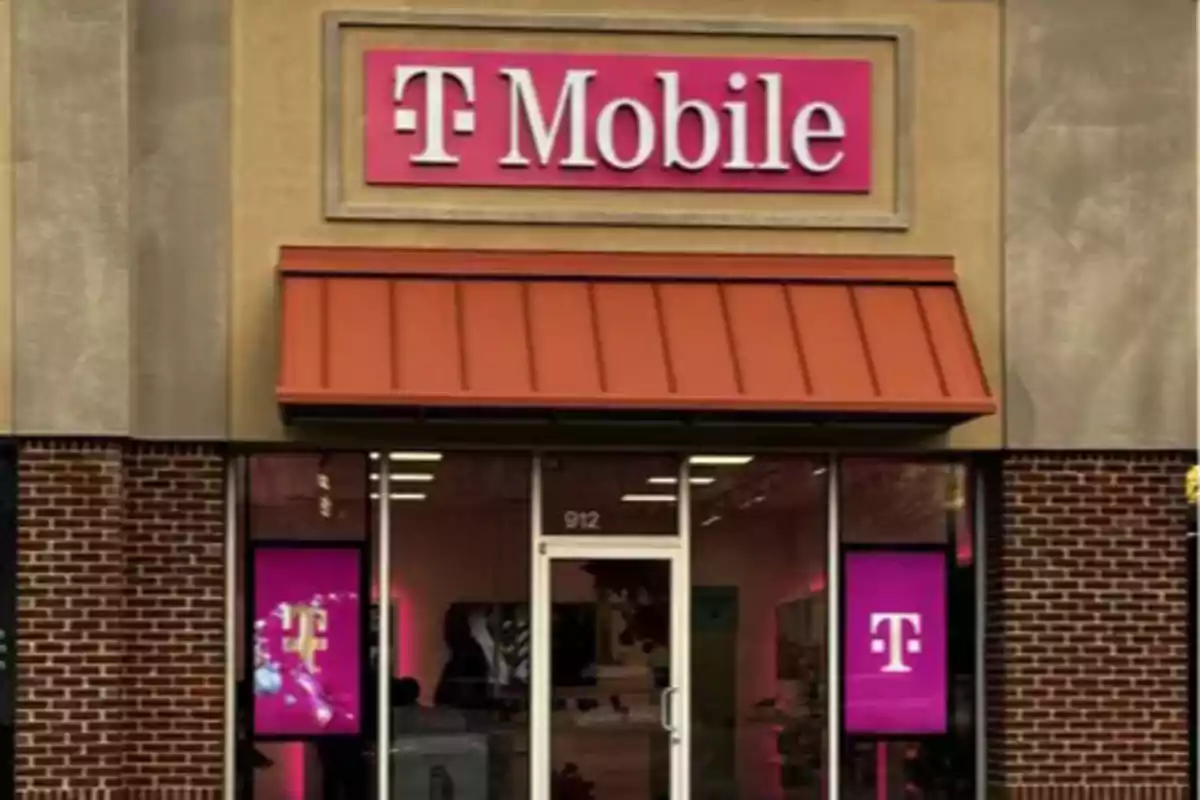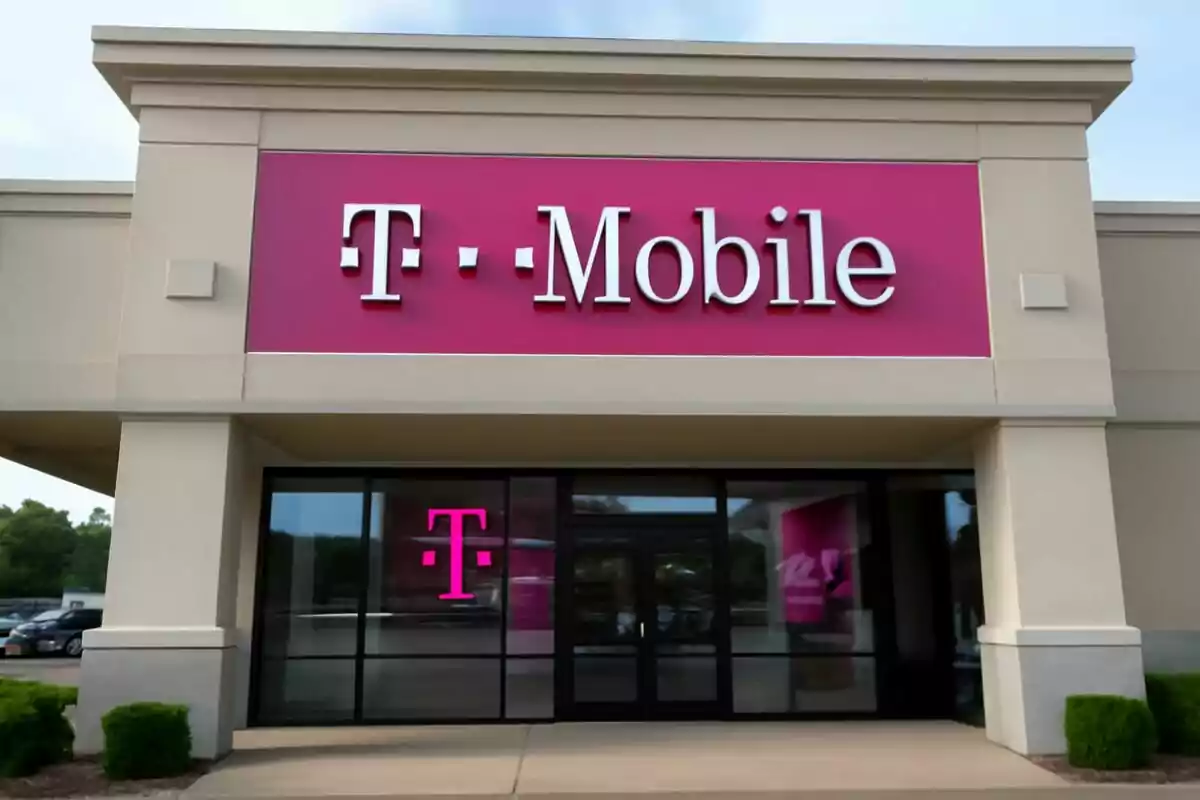The U.S. telecommunications market is undergoing significant changes in the first half of 2025. T-Mobile has stood out with remarkable growth in its user base and revenue. At the same time, its main rival, Verizon, is facing a significant decline that has raised concerns.
This contrast marks a turning point in the competition between major companies. While Verizon is losing customers, T-Mobile is taking advantage to strengthen and expand its presence. The results from the first quarter are the best evidence of this new reality.

T-Mobile consolidates its leadership with solid growth
T-Mobile has added 1.3M new customers in the first three months of 2025. This figure far exceeds the results of its direct competitors. In addition, the company managed to incorporate 495,000 prepaid phone users and 205,000 new postpaid accounts.
The expansion also includes its internet service, which gained 424,000 additional customers. These increases reflect an effective strategy that combines technological innovation and network expansion. In economic terms, T-Mobile's revenue reached $16.9B, 5% more than in the first quarter of the previous year.
This growth shows that the company is gaining consumers' trust, even in an uncertain economic context. Its commitment to improving quality and coverage is delivering clear and sustainable results.

Verizon faces a setback amid competition
In contrast, Verizon reported the loss of nearly 300,000 users in the same period. This decline is not seen in other major companies in the sector, so it is interpreted as a specific problem for Verizon. Market analysts believe that customers are seeking better deals and greater coverage.
T-Mobile's aggressive strategy, based on innovation and the continuous improvement of its infrastructure, is attracting those users. A notable example is its T-Satellite satellite service, which already connects more than 100,000 people in areas where terrestrial service doesn't reach. Although still in beta phase, this development could change the market dynamic.

T-Mobile's investments in expanding and optimizing its network translate into better coverage and higher speed for its customers. This creates a value proposition that is difficult for its competitors to match. Thus, Verizon faces the challenge of reinventing itself to avoid losing more ground.
Without a doubt, the current landscape makes it clear that the battle for leadership in the United States is more alive than ever. T-Mobile is leveraging its momentum to consolidate a dominant position, while Verizon must respond with renewed strategies to stop its customer loss. What happens in the coming months will set the course for the industry and define who will best adapt to the demands of a constantly evolving market.

